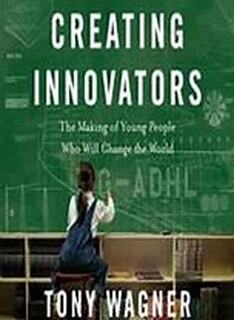mentoring influences) brought him to several conclusions, among them were that the skills you need to succeed in a competitive academic environment are not related to innovation era. What must we do differently to prepare students for the innovation era?
Next, Wagner identified 5 contradictions in education:
1 Comment
|
Categories
All
Archives
October 2023
Whittney Smith, Ed.D.Dr. Smith is the Principal of Mineola High School in Garden City Park, NY. He is also an Adjunct Professor in the Ruth Ammon School of Education at Adelphi University. |



